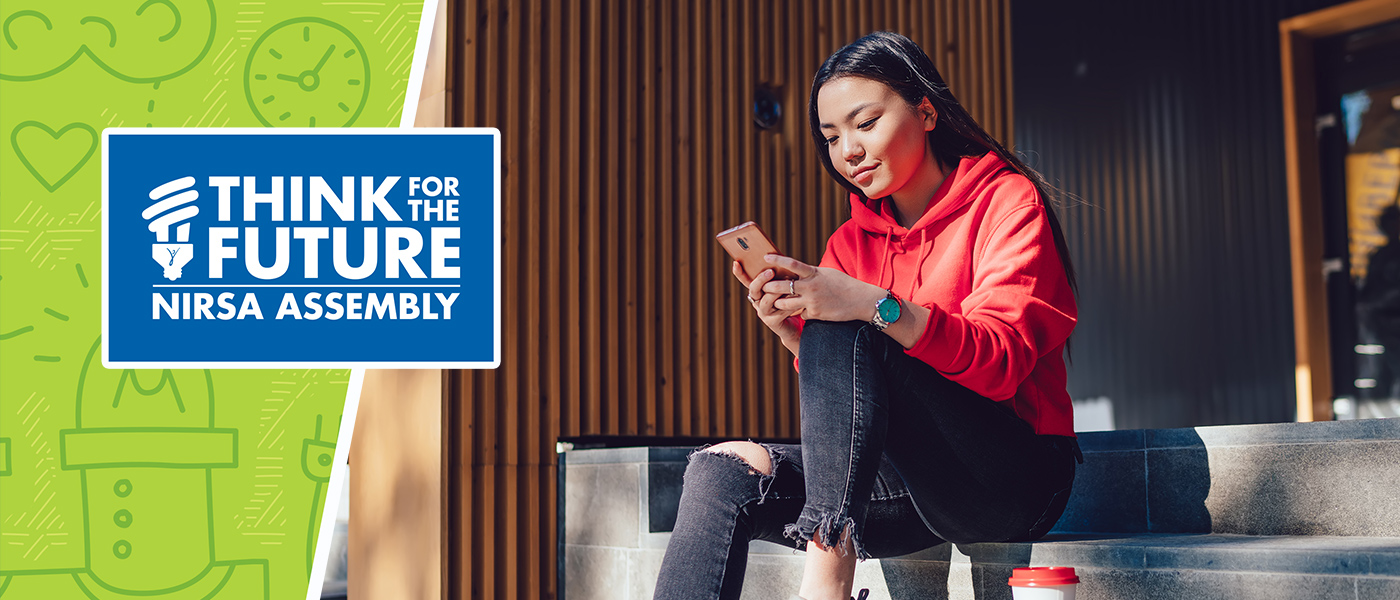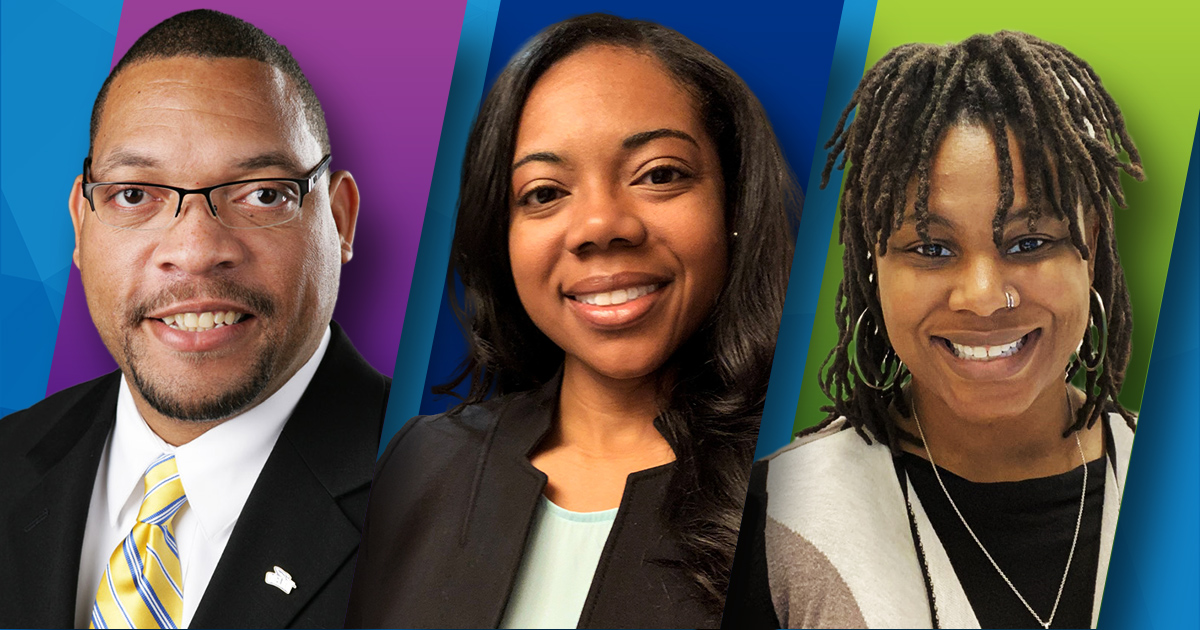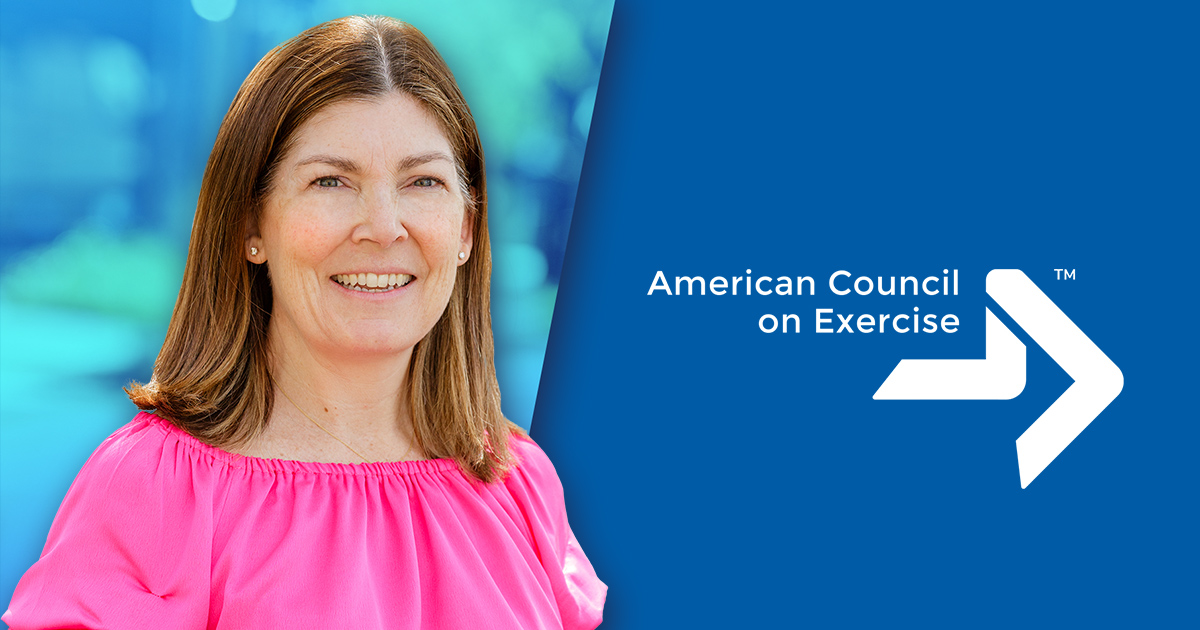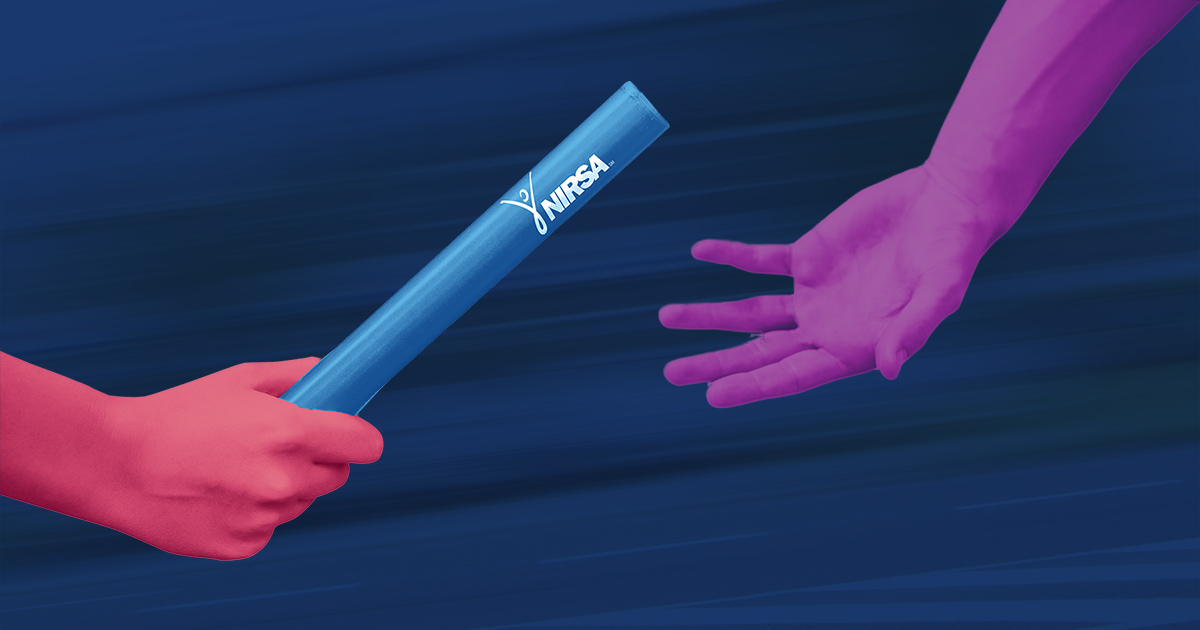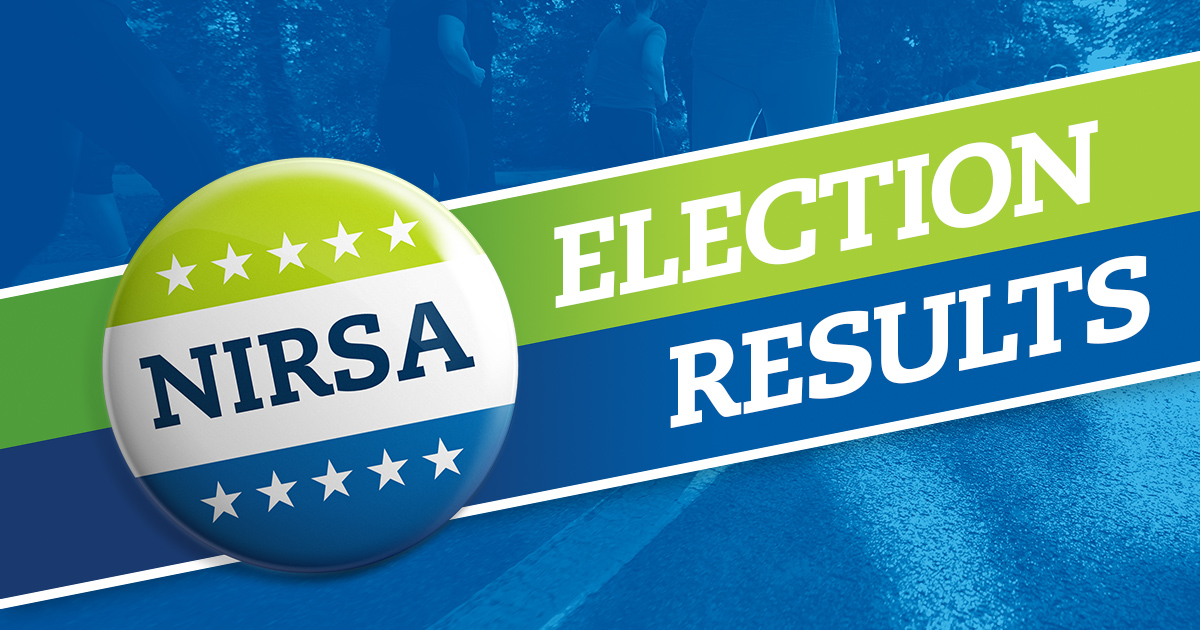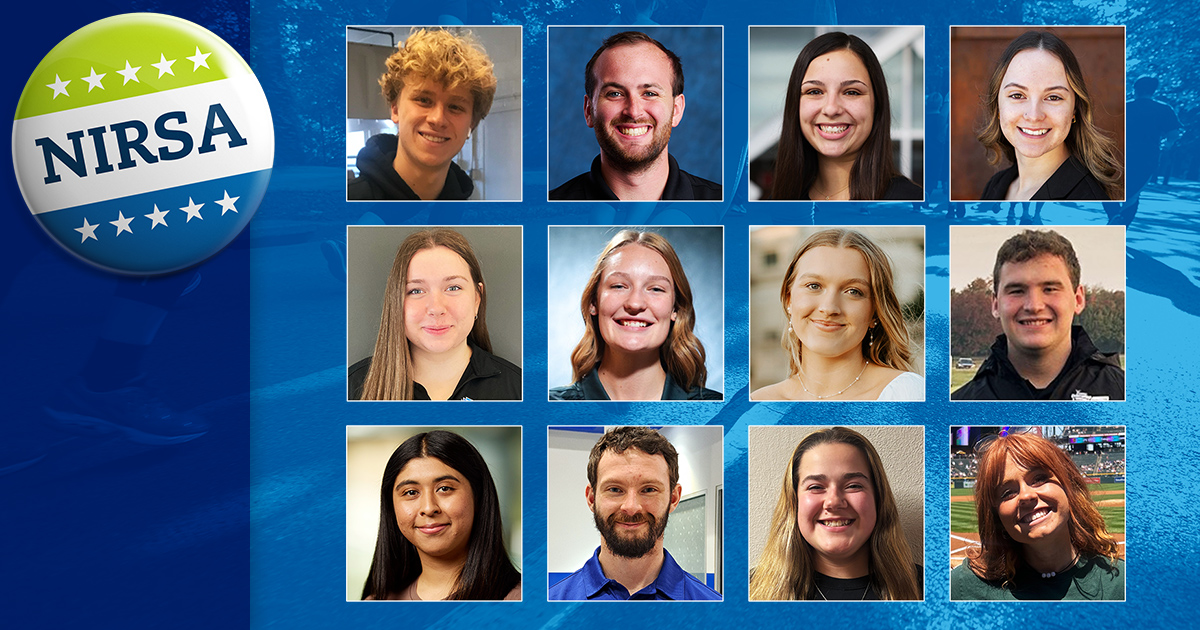The NIRSA Assembly is a forward-thinking leadership group that focuses on the hot topics affecting the collegiate recreation profession right now and which will—without a doubt—affect the profession in the future. With recent shifts towards almost exclusive virtual programming, administration, and communication, it’s clear that our understanding and adaptation within the virtual world must keep up.
Over the last few months, a subset of the NIRSA Assembly has been discussing and compiling resources being used throughout the country to best understand how we can approach the physical, psychological, and social wellbeing of students in an online capacity. The focus has been on how to breed connection instead of succumbing to isolation. The key, we feel, is taking the focus off of only physical wellbeing in this now highly virtual world—we need to promote self-value, self-esteem, and resiliency through our interactions and engagement with our students online. Below are some of the themes we’ve seen emerge during our conversations.
Individualized, on-demand learning and programming
Given the many possible activities, courses, meetings, etc. taking place in our daily lives, we need to approach programming in a way that is accessible and flexible for our participants. Virtual, on-demand programming provides participants with necessary information and experiences on their own time.
Some great examples of such programming include virtual coaches who can provide help via a streaming app, the development of a library of virtual cooking and group fitness classes, and meditation streaming platforms. While some of these ideas are not necessarily new to the industry, we do need to consider how we can make them more financially accessible to our communities.
Students want a sense of belonging both on and off campus
The new reality is that we are responsible for our students’ wellbeing both on-campus and off-campus. Are we being intentional about how to make students who access campus remotely feel like they’re a part of our community? The first key is to understand the best options for reaching these students. What social media and engagement platforms are students using these days? How can we reach a diverse group of students who want to be part of our programming?
For students who never step foot on our campuses, esports and efitness programming can help them still feel connected to the campus community. Whether this programming is virtual trivia, gaming, online meetups for specific activities, or wearable technology challenges, we can provide students with ways to connect wherever they’re studying right now.
Limitless possibilities and potential pitfalls
The most exciting thing about the virtual world is that it’s a new frontier we can use to have a positive impact on our campus populations. While this excitement has us thinking about all kinds of positive possibilities, it would be negligent of us to ignore the reality that we also don’t know exactly what can go wrong or be potentially dangerous in the world of virtual wellbeing.
While we don’t think concerns should stifle our innovation and creativity, it’s important to put strategies in place to mitigate some of the potential risks of operating largely in a virtual space. These risks can include scammers, identity theft, cyber-bullying, and stalking. in addition to exercising risk management practices in our physical spaces, the collegiate recreation profession will need to also start focusing on risk management within virtual spaces.
While we continue to discuss, brainstorm, and research the many ways that collegiate recreation is interacting and growing within the virtual world, we want to be clear that there are many resources available right now to help you bring the best experience to your campus communities during these uncertain times. We invite you to utilize, contribute to, and engage with the resources below:
- For more information, please contact NIRSA Leadership Programs Coordinator Chelsea Hansson.
Benjamin Kohler is currently a group fitness coordinator at the University of Minnesota-Twin Cities. He serves on the NIRSA Assembly.


